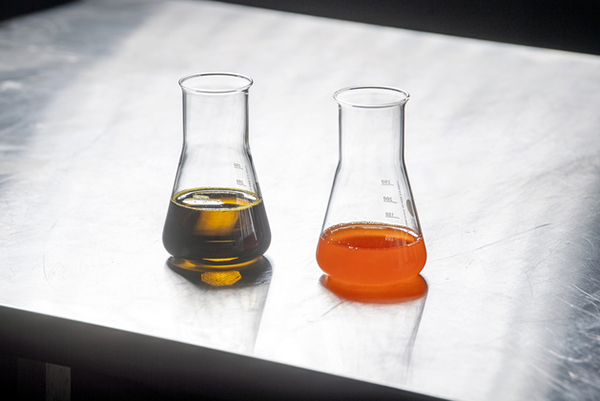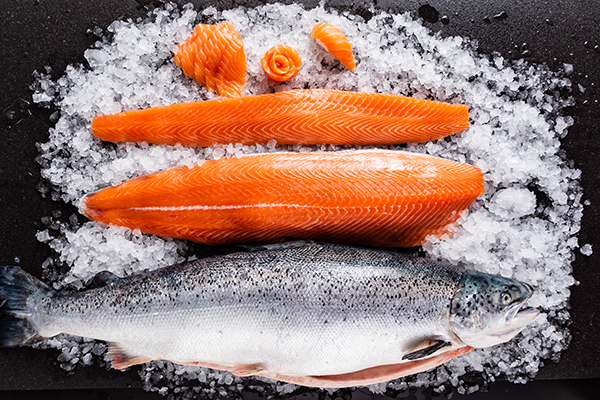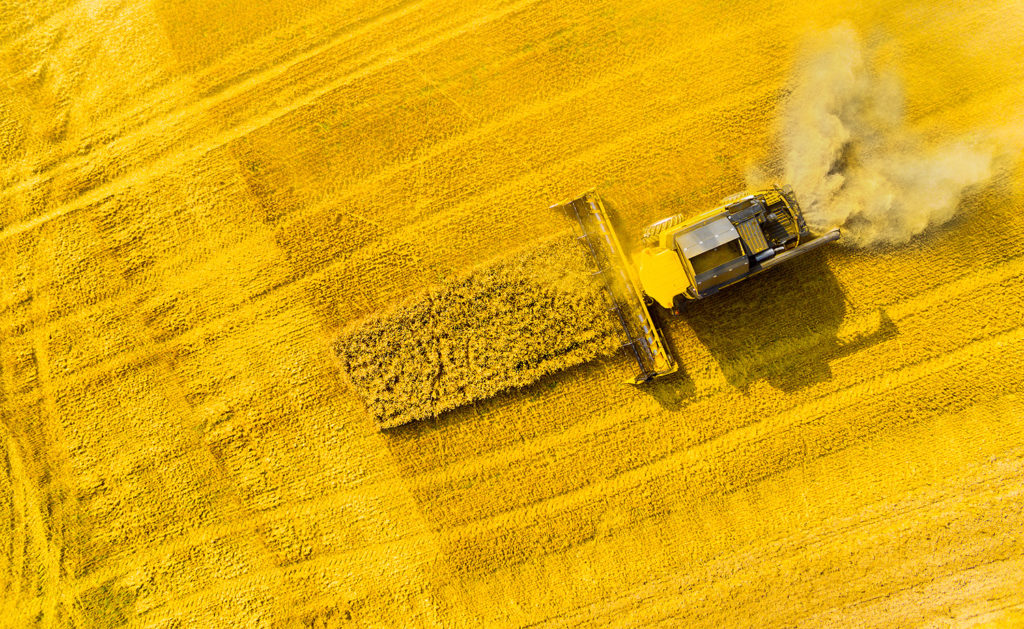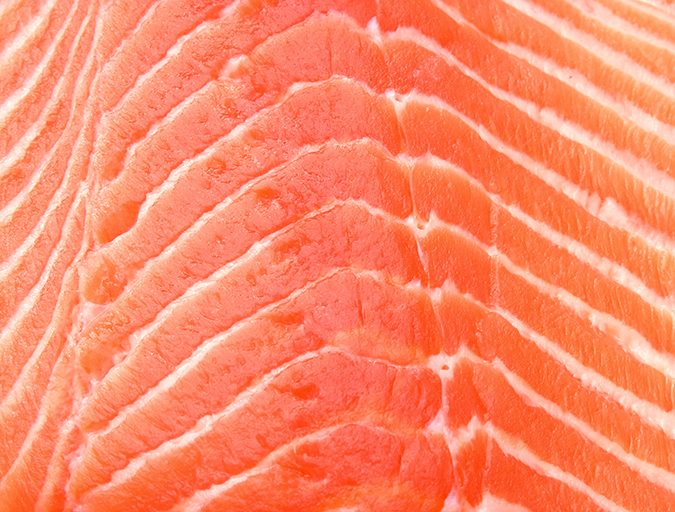Novel omega-3-rich canola oil makes fish healthier and minimizes dark melanin spots in salmon fillets, Nofima scientists say

The Norwegian Food Safety Authority has approved a genetically modified canola oil that can be used in salmon feed. The plant produces marine omega-3 fatty acids, and when used in fish feed, the fish performed better and got more omega-3, fewer dark spots and redder color in the fillet.
“The oil is extracted from the canola seeds and does not carry any of the plant’s genetic material that has been modified,” said Bente Ruyter, senior scientist at Nofima. “Research has been carried out over many years to see if this oil can be used in fish feed.”
Canola is a variant of common rapeseed. The canola that provides the oil researched by Nofima has been genetically modified and developed by the Australian research organization CSIRO in collaboration with the company Nuseed. Results indicated that it contains more of the omega-3 fatty acids that salmon need to stay healthy and that humans benefit from.
“The production of genetically modified canola has great potential for growth and will probably become an important new source of omega-3 in the fish feed,” said Ruyter. “It makes the fish healthier than if they were only fed standard plant oil.”
Salmon also need a certain level of omega-3 in their feed for their muscles to develop a delicate pink color. The research shows that the omega-3-rich canola oil reduced the prevalence and severity of dark melanin spots in salmon fillets.
To document the properties of the oil in salmon, scientists carried out trials in fresh water, closed tanks and net pens at sea during all phases of the fish’s life.
“It is now approved for use, but whether the industry uses it is another matter,” said Ruyter. “But I think it will force its way in.”
The research was funded by the Norwegians Seafood Research Fund (FHF) and conducted in collaboration with the Institute of Marine Research, Nuseed and Mowi.
Now that you've reached the end of the article ...
… please consider supporting GSA’s mission to advance responsible seafood practices through education, advocacy and third-party assurances. The Advocate aims to document the evolution of responsible seafood practices and share the expansive knowledge of our vast network of contributors.
By becoming a Global Seafood Alliance member, you’re ensuring that all of the pre-competitive work we do through member benefits, resources and events can continue. Individual membership costs just $50 a year.
Not a GSA member? Join us.
Author
Tagged With
Related Posts

Aquafeeds
Aquaterra’s canola oil improves salmon fillet quality in Nofima trials
Aquaterra® Advanced Omega-3 canola oil is shown to improve the visual and nutritional quality of farmed salmon when included in their diets.

Aquafeeds
A push for rapeseed as a viable aquafeed ingredient
One Germany-based company says rapeseed protein concentrate, or RPC, can help aquafeed manufacturers meet growing demand.

Aquafeeds
Biotech entrepreneurs: The need to scale up and adopt novel aquafeed ingredients is urgent
Assembled by F3, the Future of Fish Feed, biotech entrepreneurs gave updates on the scale-up and adoption processes for novel aquafeed ingredients.

Intelligence
Wanted: More omega-3s. But from where?
Cargill and Australia’s Nuseed are both investing large sums of money in the development of a genetically modified canola oil rich in DHA. Meanwhile, a leading nutritionist casts doubts on the necessity of omega-3s from fish.



